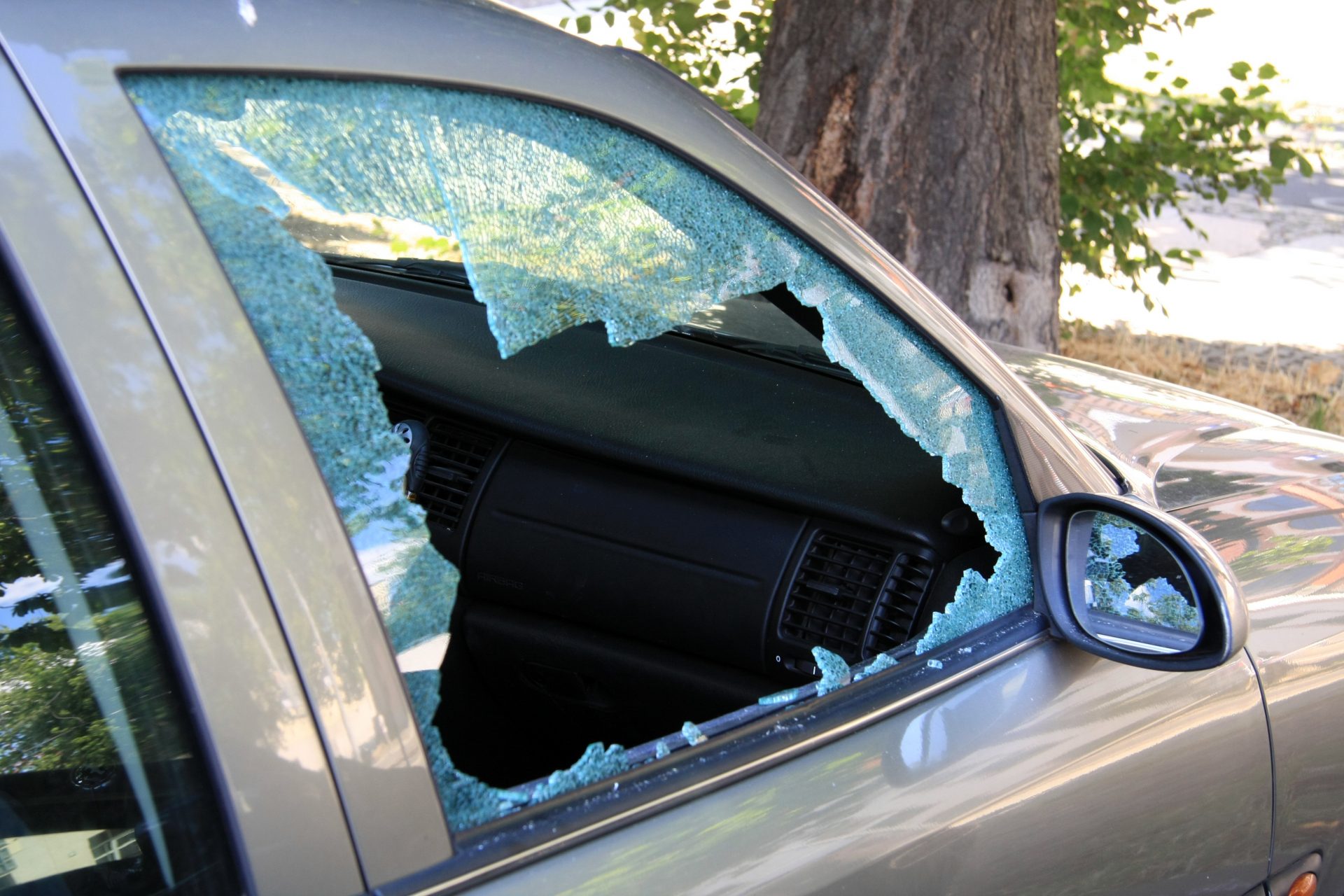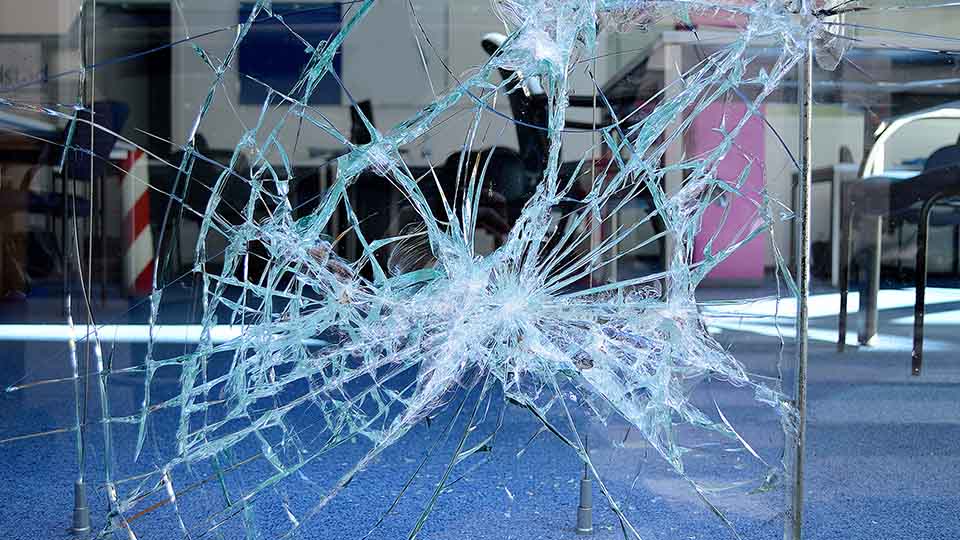Malicious Damage in NSW: Legal Consequences and Defenses
Malicious damage is a serious criminal offense in New South Wales (NSW), carrying significant legal consequences. Understanding the laws surrounding malicious damage, as well as the potential defenses available, is crucial for anyone facing such charges. This article explores the legal framework for malicious damage in NSW, the penalties associated with a conviction, and the common defenses that can be employed in court.
What is Malicious Damage?
Malicious damage refers to the intentional destruction or damage of property belonging to another person. This can include a wide range of actions, from graffiti and vandalism to more severe acts such as arson or breaking windows. The key element that differentiates malicious damage from other types of property damage is the intent behind the action.
Legal Definition of Malicious Damage in NSW
In NSW, malicious damage is defined under Section 195 of the Crimes Act 1900. According to the Act, a person is guilty of malicious damage if they “intentionally or recklessly destroy or damage property belonging to another.” The law covers both physical and non-physical damage, such as interfering with the operation of a device or system.
Examples of Malicious Damage
Some common examples of malicious damage include:
– Graffitiing walls or public property
– Breaking windows or doors
– Slashing tires on a vehicle
– Setting fire to property
– Damaging electrical or plumbing systems
Legal Consequences of Malicious Damage in NSW
The penalties for malicious damage in NSW can vary depending on the severity of the offense and the circumstances surrounding the case. The court will consider factors such as the extent of the damage, the value of the property, and whether the act was premeditated.
Penalties for Malicious Damage
The penalties for malicious damage can range from fines to imprisonment. For minor offenses, the court may impose a fine or community service. However, for more serious cases, particularly those involving significant property damage or harm to others, the penalties can be much harsher.
– **Summary Offenses:** For cases tried in the Local Court, the maximum penalty is two years imprisonment or a fine of up to $5,500, or both.
– **Indictable Offenses:** For cases heard in a higher court, the maximum penalty can be up to five years imprisonment.
Aggravating Factors
Certain aggravating factors can lead to more severe penalties, such as:
– The offense was committed as part of a group or gang activity
– The damage was caused to essential public infrastructure, such as hospitals or schools
– The offender has a previous criminal record
– The act resulted in a significant financial loss to the victim
Restitution and Compensation
In addition to criminal penalties, offenders may also be ordered to pay restitution or compensation to the victim. This can cover the cost of repairs or replacement of the damaged property.
Common Defenses Against Malicious Damage Charges
Facing a charge of malicious damage can be daunting, but there are several defenses that may be available, depending on the circumstances of the case. It’s important to seek legal advice to determine the best course of action.

Lack of Intent
One of the most common defenses is to argue that there was no intent to cause damage. If the defendant can demonstrate that the damage was accidental or unintentional, they may be able to avoid a conviction. For example, if the damage occurred during a dispute or in the course of self-defense, it may not be considered malicious.
Claim of Right
The defense of “claim of right” applies when the defendant genuinely believed they had a legal right to damage the property. This might occur in situations where there is a dispute over ownership or rights to the property. If the defendant can prove that they believed they were entitled to act as they did, they may be acquitted of the charges.
Duress
Another defense is duress, where the defendant claims they were forced to commit the act of malicious damage due to threats or coercion by another person. If successful, this defense can result in the charges being dismissed.
Mistaken Identity
In some cases, the defense may argue that the defendant was not the person who committed the damage. If there is insufficient evidence to prove that the defendant was responsible, they may be acquitted.
Insanity or Mental Impairment
If the defendant was suffering from a mental illness or impairment at the time of the offense, this could serve as a defense. The court may find that the defendant lacked the capacity to understand their actions, leading to a verdict of not guilty by reason of mental illness.
The Importance of Legal Representation
If you are facing charges of malicious damage in NSW, it is essential to seek legal representation. An experienced criminal lawyer can help you understand your rights, evaluate the evidence against you, and develop a defense strategy. Legal representation is crucial to navigating the complexities of the legal system and achieving the best possible outcome in your case.
Choosing the Right Lawyer
When selecting a lawyer to represent you, consider their experience in handling malicious damage cases, their knowledge of the local court system, and their ability to communicate effectively. A good lawyer will provide you with a clear understanding of your legal options and work diligently to protect your interests.
Legal Aid and Support Services
For those who cannot afford private legal representation, legal aid services may be available. These services offer assistance to individuals who meet certain eligibility criteria and can provide valuable support throughout the legal process.
Conclusion
Malicious damage is a serious offense in NSW, with significant legal consequences. Understanding the nature of the charge, the potential penalties, and the defenses available is crucial for anyone facing such allegations. Whether you are accused of minor vandalism or more serious property damage, having knowledgeable legal representation can make all the difference in your case. If you find yourself in this situation, seek legal advice promptly to ensure that your rights are protected and that you have the best possible defense.





